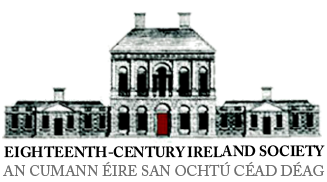Type: Article
Hick, Vivien. ‘The Palatine Settlement in Ireland: The Early Years’, Eighteenth-century Ireland/Iris an dá chultúr, Vol. 4 (1989), pp 113-131.
In April 1708, forty-one Lutherans and Calvinists, led by Lutheran Minister Joshua de Kocherthal, arrived in London from the Rhinepfaltz, seeking refuge from the ravages of the French invasion in the Lower Palatinate. Upon hearing their plea, Queen Anne gave them an annual allowance and sent them to settle in New York. This set off an influx of Palatine refugees arriving in England, which prompted the Whigs to begin a campaign for the right of naturalisation for foreign protestants who settled in Britain. The rationale behind the naturalization of protestants was that, like the Huguenots, the Palatines would increase the wealth and power of Britain. Soon, tens of thousands of Palatine refugees arrived in London far too many for the authorities to cope with; they were reduced to living in squalid conditions which caused disease and death. It was then decided to send 3,000 Palatine refugees to Ireland, to improve the strength to the protestant interest. The article discusses the relationship between the Palatines and the Native Irish and considers the failure of the Palatine settlements in Ireland.
